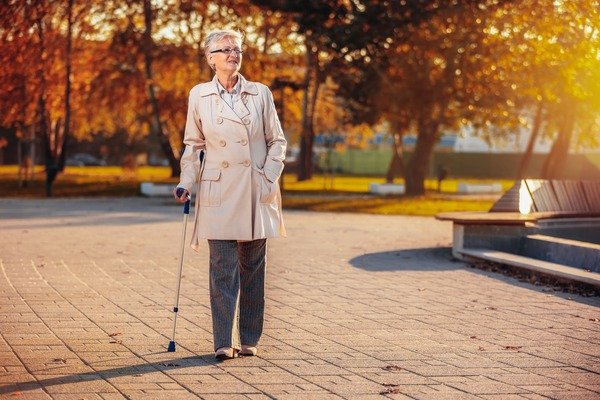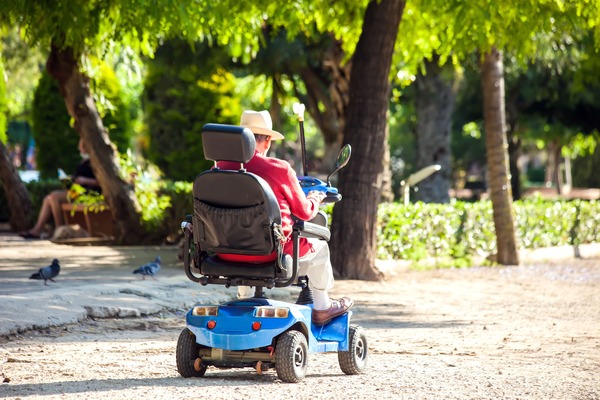People with mobility issues face many challenges in many aspects of their lives. They struggle with navigating physical facilities and finding employment. The mobility impairment can also lead to social exclusion and cause mental health issues.
How rehabilitation aids can improve the quality of life of people with mobility issues?
Rehabilitation aids can greatly improve the quality of life of people with mobility issues. They help restore and enhance physical abilities, and offer more independence, which leads to social inclusion. Rehabilitation aids improve mobility and relieve discomfort, while keeping the users safe. It is proven that the use of this type of appliance decreases emergency room attendance and other unscheduled hospital admissions. Carefully designed rehabilitation aids tailored exactly to the needs of mobility impaired people help them regain control over their lives, all while providing maximum comfort of use.
Types of rehabilitation aids available on the market
All rehabilitation aids available on the market are created using medical expertise and empirical research, as well as patient input. They were designed to give support, resistance, and targeted workouts to a certain body part, so that the user can restore their flexibility, strength, and coordination. There are many various rehabilitation aids available on the market. They have different purposes, which dictate their design and general usefulness.
Wheelchairs
Wheelchairs are a type of medical aid used by people with disabilities, as well as those with temporary injuries that limit mobility. They were designed with patients who cannot move by themselves in mind. Modern wheelchairs offer a substantial amount of support for people with severe mobility impairment.
Electric trolleys
Electric trolleys resemble both wheelchairs and scooters. They are usually addressed to the people whose mobility issues are not severe enough to prevent them from walking by themselves entirely.
Prosthetics
Prosthetics are artificial limbs that can substitute missing limbs. They are used to replace arms and legs that needed to be amputated, got lost in an accident, or never developed.
Prostheses
Prostheses are artificial devices built to replace missing body parts, for example knees, hips, or other joints.
Walkers
Walkers are rehabilitation aids designed to support walking and standing for people with mobility problems. They are used for walking self-reeducation after injury or disease.
Canes
Canes are short staffs, often with a curled handle, that are used to help someone to walk. They typically come in two varieties: single-point and quad-point, which has four support points touching the floor. Canes are addressed to the people whose mobility is only slightly impaired.

How to choose a suitable rehabilitation aid?
Rehabilitation aids should be chosen based on individual needs of the user and the degree of difficulty in independent movement. Before making a purchase it is advisable to answer the following questions:
- Can the rehabilitation aid be used safely?
- Does the appliance allow the most normal alignment of the user’s body?
- Does the rehabilitation aid give the freedom of movement and offer independence?
- Is the appliance easy to transport?
- Does the rehabilitation aid cause any discomfort during usage?
- How much maintenance does the appliance need?
- What is the price of the rehabilitation aid? / Is the rehabilitation aid covered by medical insurance?
Choosing suitable rehabilitation aids may prove challenging, which is why it is recommended to consult the purchase with qualified specialists and get acquainted with various available options. It helps obtain an appliance best fitted to the individual needs of the user. Only properly selected and well-adjusted rehabilitation aid can effectively improve the quality of life of the person with mobility issues and allow their integration into society.
